The view from nowhere
I’m working on the final two chapters of Unfit Parent, and boy oh boy they are hard to write. I don’t know yet how the chapters will be organized, but I know that I’m looking at the medical side of disabled parenting and, in that, exploring disabled forced sterilization, eugenics, ableism, abortion, medical trauma, and self-determination. Breezy breezy.
As I’ve mentioned before, every day before I write, I say to myself, often out loud, “tell the truth.” I do this because I don’t want to, out of fatigue or fear, write what I find on an already well-worn path. It would be easier to write from the perspective of the disabled thinkers and writers who have come before me or even easier to allow my writing to absorb the ambient ableism surrounding us all.
Instead, my goal is to read all I can, have dozens of conversations with disabled people and doctors and philosophers and activists, and then let it all knock around in my brain long enough that what comes out feels, to me, true.
It’s not that I think what I come up with will be ground-breaking or world-altering or ultimately correct in some universal way, but my own brain and heart are what I have to offer this conversation.
Near the beginning of Unfit Parent, I write about the common belief that disabled people lack the perspective to write about disability in forms other than personal narrative. That argument only stands if you falsely assume non-disabled people are objective, which is patently untrue. Every person has some relationship to their body and mind, and we all carry the knowledge of our fragility and mortality. As Nagel says, “There is no view from nowhere.”
My perspective as a woman who became disabled in my twenties and adopted a baby and who feels faint every day and who is always in pain and who uses a wheelchair and who carries around the entitlement of my first decades of non-disabled privilege and who loves poetry and who cries easily and who loves tulips and who is impatient and who loves spreadsheets influences my work. My book is worthwhile not despite my perspective but because of it.
It’s important to remember that the people we assume are objective are, in fact, just the people who traditionally have had influence.
I think about this a lot when I hear a new perspective and, in my mind, default to some version of, “Everyone knows that’s wrong.” Years ago, when the first person I knew personally came out as trans, I had to confront my own assumptions.
My view as someone who feels like a woman and who everyone assumes is a woman is not objective or based on some ultimate truth. It’s just mine. My long-standing belief that there are two genders that are directly correlated with biological sex was not rooted in fact, but instead a result of the particular cultural waters I swim in. When I read some personal accounts of what it feels like to identify as a gender that is different from what you have been told you are, my mind began to change.
My commitment to supporting transgender rights grew when I came across the sobering statistics on trans suicide. In these cases, the biggest risk factors are not being believed or accepted by loved ones. I also learned that the vast majority of kids who say they are trans continue to identify that way into adulthood. If someone says they are trans, they are. If the first step to combating life-shortening discrimination was to hold my own assumptions about gender loosely, then I could certainly do that.
It was this past year, when reading Becoming Nicole, that I learned that biology does not, in fact, support two sexes. I had assumed that people are either XX (female) or XY (male) and develop accordingly, but the truth is much more complex. There is a vast range of biological sex combinations, and around 1 in 100 people are not entirely biologically male or female. In many of these cases, their gender is assigned by medical providers.
Never has the fallacy of objective perspective been so clear. When a trans person says they are not the gender everyone assumes — that they are actually a boy, girl, man, woman, neither, or both (nonbinary), they are not pushing against some biological imperative but actually expressing a level of gender nuance that many have historically ignored.
In Becoming Nicole, Amy Ellis Nutt also includes research that reveals brained-based sex differences in trans people. Without getting too technical, a part of the brain called the bed nucleus of the stria terminalis (BNST) is twice as big in men as in women. But, trans women, even before medical intervention, have the same sized BNST as cisgender women. In other words, it’s actually possible to quantify the trans part of some brains.
That’s not to say that someone needs to prove, biologically, that they are actually trans. It’s just to say that the assumptions we carry are often much more subjective than we realize. We are influenced by our past and our environment and our own experiences.
There is no view from nowhere, and learning about another person’s somewhere will save our lives.
As I write my final chapters and spend days reading about how, in 31 states plus Washington, D.C., it’s legal to forcibly sterilize a disabled person, I am buoyed by the knowledge that what society has always done isn’t based on what is right or good. Just because “everybody knows” that certain disabled people aren’t qualified to parent doesn’t mean it’s true.
Because when I sit still before I write, and take a deep breath, and prepare to work, I remind myself to tell the truth.
And the truth in my disabled body is this: every one of us is fragile, and every one of us is good enough.


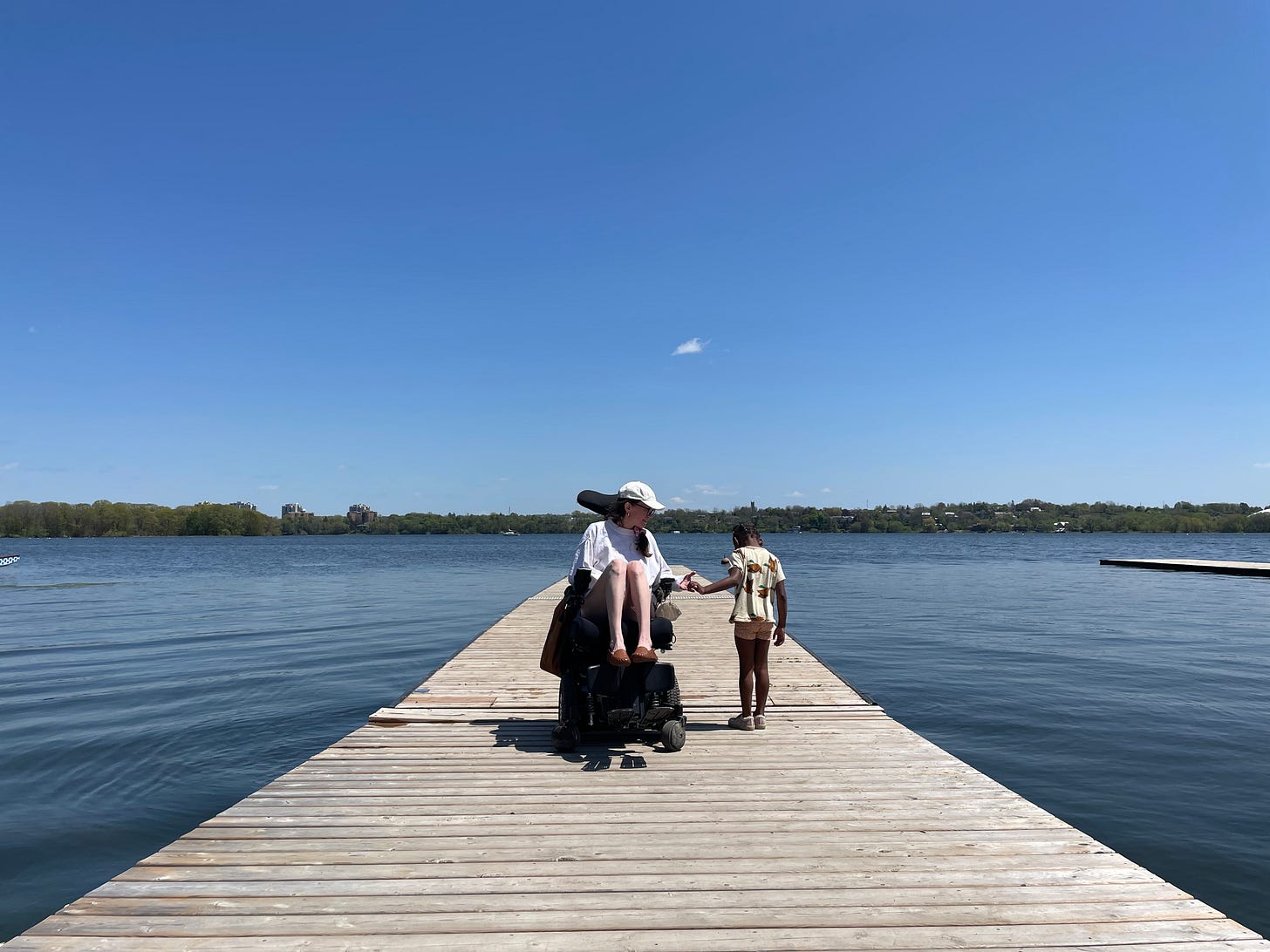
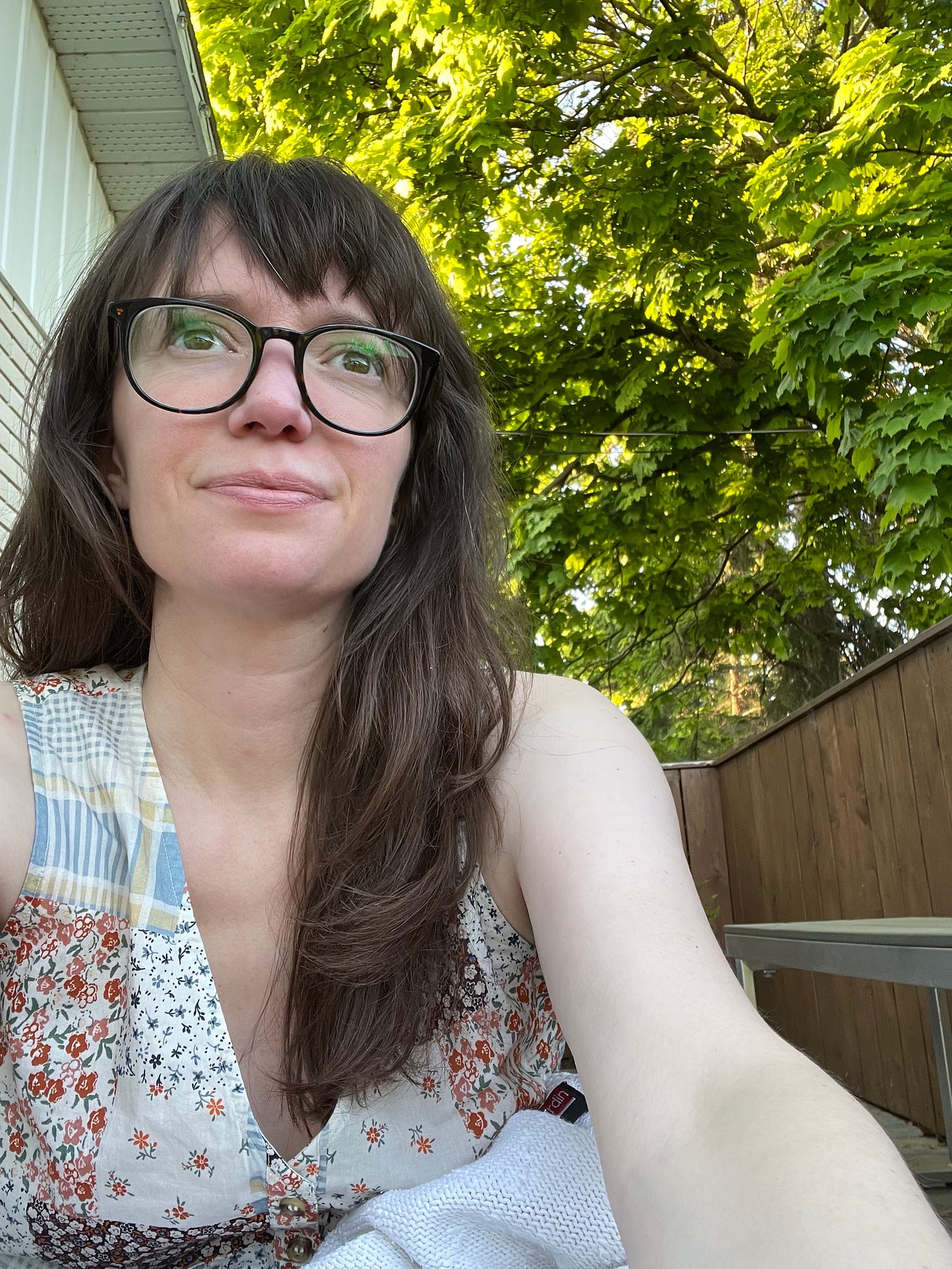
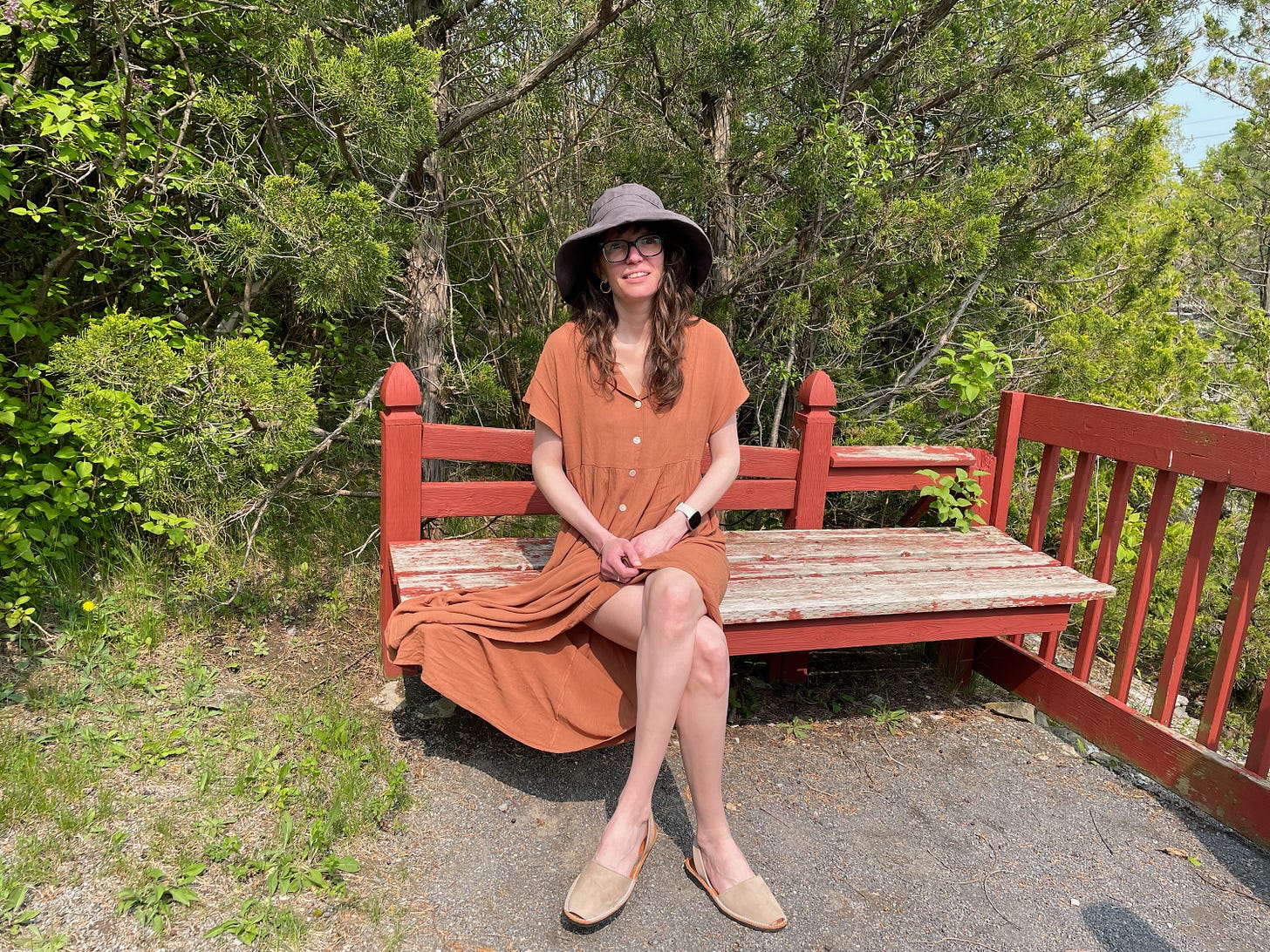
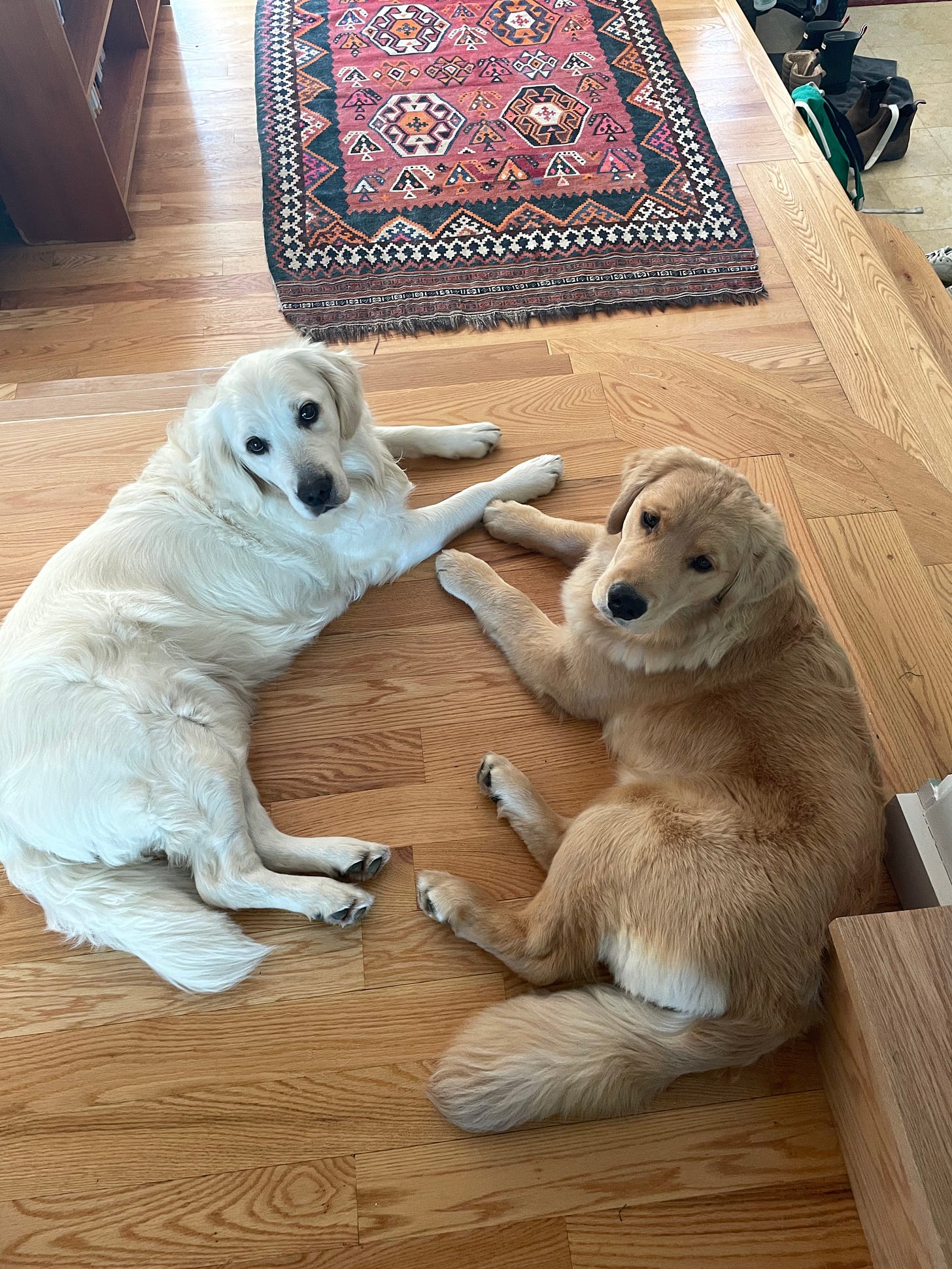
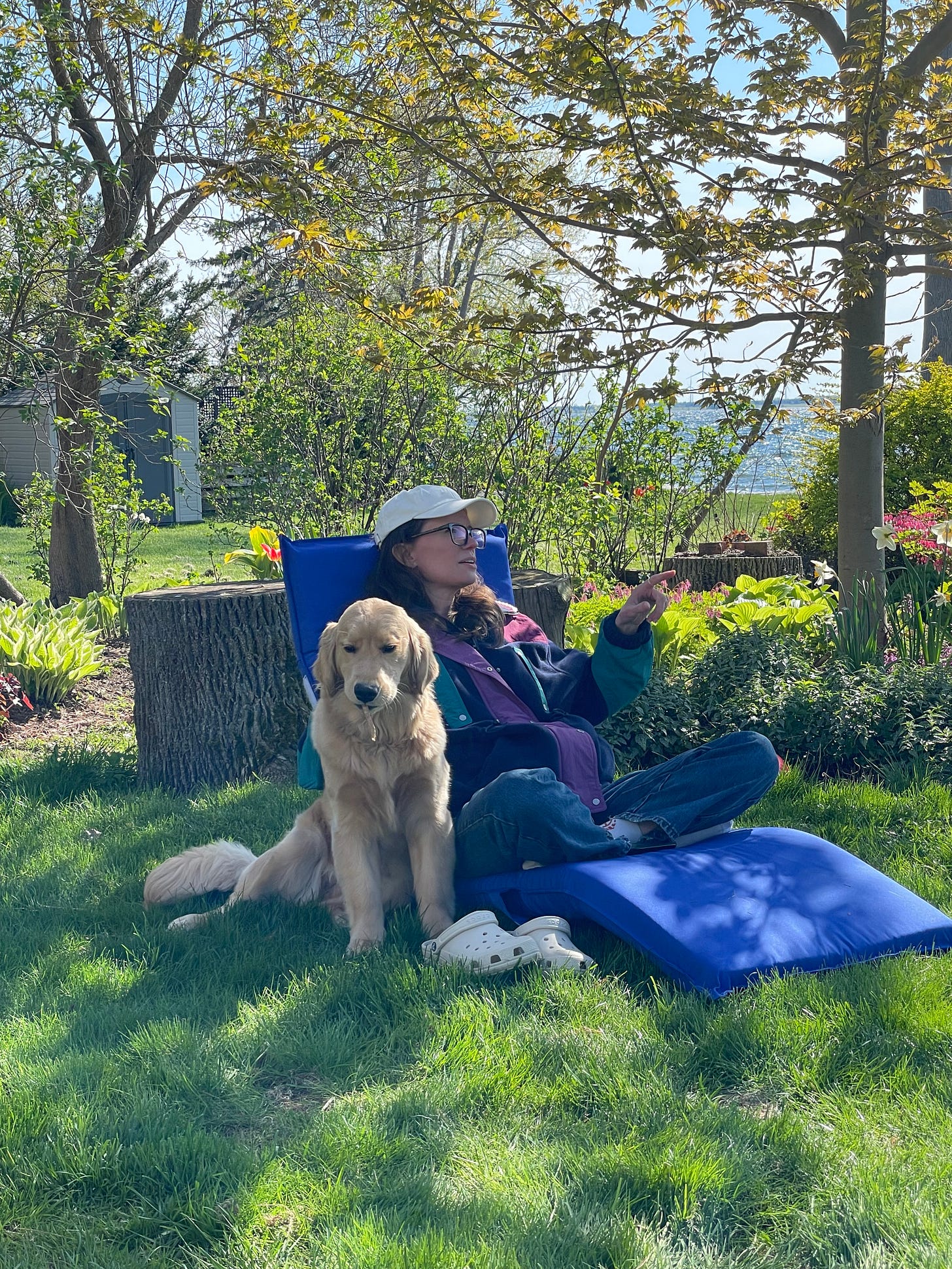
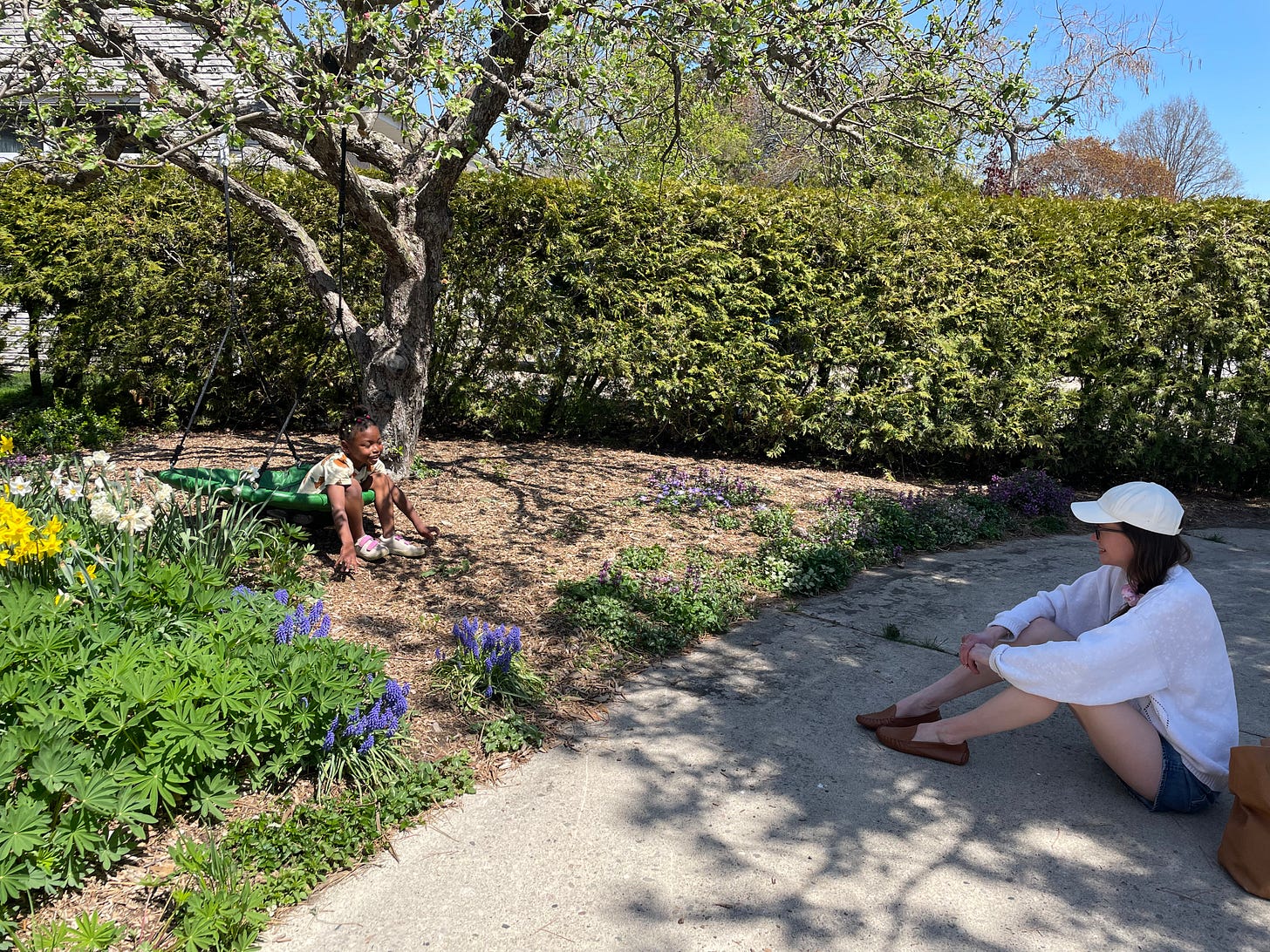
I can't wait to read your book! I so deeply appreciate chewing on your thoughts and tracing your intellectual developments. Please keep going. Please keep telling the truth. You're making those around you smarter, more aware, and more thoughtful.
Oh, my goodness, this: "There is no view from nowhere, and learning about another person’s somewhere will save our lives." hit me. Hard. Learning about another person's somewhere - what a beautiful way of reminding us that we never, ever know what someone else's life is like, what their reality is, what thoughts and beliefs flit through their minds. Thank you for this - and for writing.